If you're searching for “how to know if your car is a safety hazard,” below are the common symptoms to watch for:
- Warning lights on the dashboard
- Unresponsive or spongy brakes
- Steering problems
- Worn tires
- Faulty lights and signals
- Suspension issues
- Loss of power
- Malfunctioning airbags
- Corrosion and rust
- Strange noises
Maintaining your car safety is essential not only for you but also for other people who are using the same road. When your car safety is reduced, it can be a huge risk and must be addressed as soon as possible.
Some symptoms could help you identify whether your vehicle is safe to drive. These symptoms will help you with the question, “How do you know if your car is a safety hazard?”
This article summarizes these symptoms and highlights additional recommendations about what you can do about this vehicle.
How to Know If Your Car Is a Safety Hazard?
Identifying whether your car is a safety hazard is critical to maintaining the safety of you and the road users. The good news is that automotive experts put together detailed articles and summaries indicating what symptoms to watch if you suspect your car is considered a safety hazard.
The following list summarizes the most common ten symptoms that could help answer the question, “How do you know if your car is a safety hazard?”
1. Warning lights on the dashboard
Typically, a vehicle broken down or considered a hazard will most likely be associated with a lot of warning lights on the dashboard. The dashboard warning lights are set there to communicate between you and the vehicle.
If the warning lights are illuminating, they might refer to internal problems. Some of these problems might be minor, but all these might be linked to significant issues in your vehicle, indicating that the vehicle is failing and broken down.
2. Unresponsive or spongy brakes
Another thing you would want to watch for when checking whether your vehicle is a safety hazard is the braking system. If you feel that the brakes are not responding or are spongy in some instances, it is a clear indication that you must be careful about driving this vehicle.
Driving with spongy brakes is unsafe because you won't be able to control your car Oregon, slow it down, or potentially stop emergencies. Therefore, you must address the problem immediately and see if you can fix it.
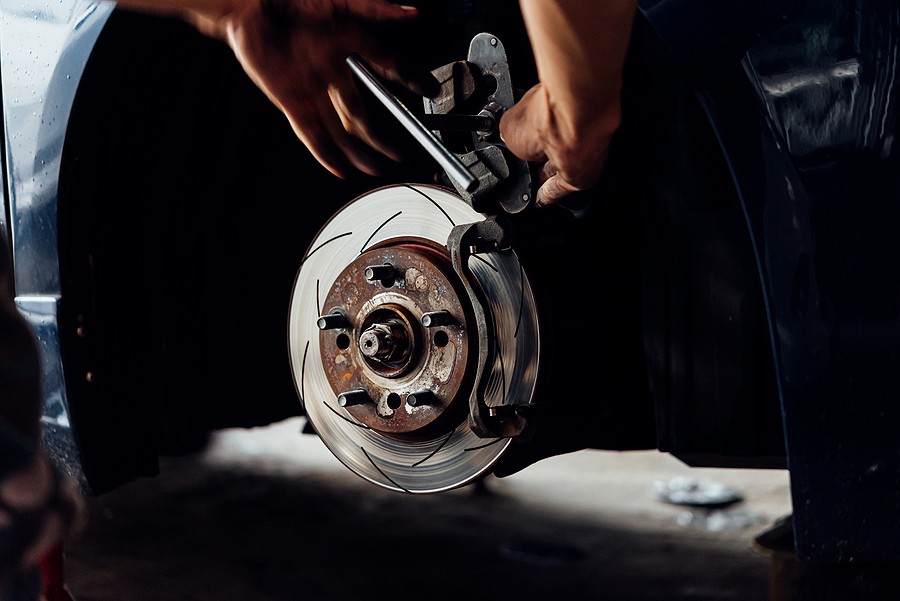
3. Steering problems
Since the steering system is another component that has to do with your safety, you have to ensure that it's responding the way it should appear. In other words, if you steer your car, you would expect the vehicle to respond properly and do the task you're asking for.
However, if the steering system is not responding or the vehicle is not behaving as it should when you're steering it, that is a clear safety issue. You won't be able to control the car in emergencies, which might cause you and others to get into safety issues.
4. Worn tires
Your vehicle tires are critical components that are very important because they are the first to interact with the road. If they're not in good shape, you can't drive your car properly, and there is a high chance of getting involved in major car accidents.
Perform a visual inspection and see if your car has the proper tires. If you feel that the tires are not in good shape or have significant wear and tear, you have to replace them before continuing to drive this car.
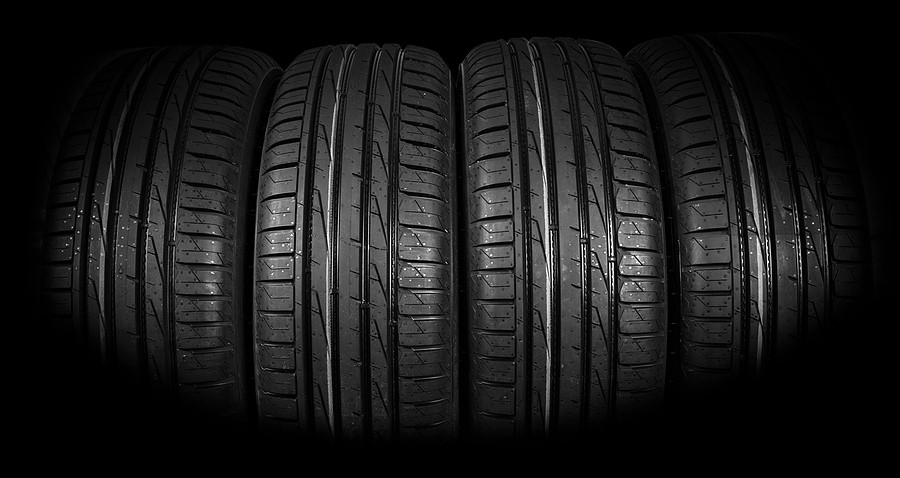
5. Faulty lights and signals
You should always check on the lights and signals whenever you drive or get into any car. That's what the instructors will ask you when you first do the driving test the first time you have your driving license.
That's why you must confirm those signals are working properly. If they don't, they can get you into legal issues because the police officer can't stop you and pull you over because of similar problems.
Not only will you get into legal issues, and you might get fines for that, but you can also risk yourself and many other people driving around you. Therefore, ensure these signals and lights are in good shape to avoid dealing with all this hassle.
6. Suspension issues
The suspension is another system that you must be careful about and ensure it's operating properly. It is important because it absorbs all the road shocks, and you shouldn't feel rough riding when driving with this car.
However, if you feel that the car is nosing significantly whenever you hit the brakes, or something happens whenever you drive the vehicle that has to do with the ‘smooth ride or handling, then you have to check on the suspension system.
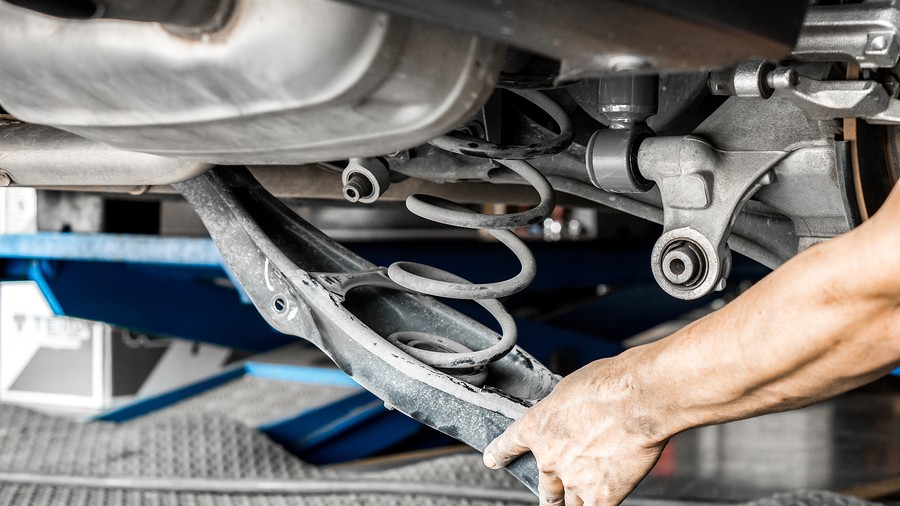
7. Loss of power
When your vehicle loses power completely, that is a significant and serious indication that your vehicle has a safety issue. That's why when you deal with this problem occasionally, it might be a minor issue, but if you feel it's repeated, you could understand as soon as possible.
Sometimes, the loss of power can be linked to a minor issue that you could fix immediately; still, in many situations, it might be linked to a major problem that might have you think twice before continuing to drive this vehicle or even fixing it.
8. Malfunctioning airbags
The airbags are critical safety components in your vehicle because they help reduce the significance of injuries if you get involved in major car accidents. However, if these airbags are not operating properly, you can't avoid these major injuries, and there's a very high chance that your safety will be impacted.
That's why when you're getting into a car, and you feel that the airbags are not working properly or there's a warning light indicating failing airbags, you have to consult your mechanic and have his fixation.
You must also review your state regulations because sometimes you might get into legal problems if your car doesn't have properly operating airbags.
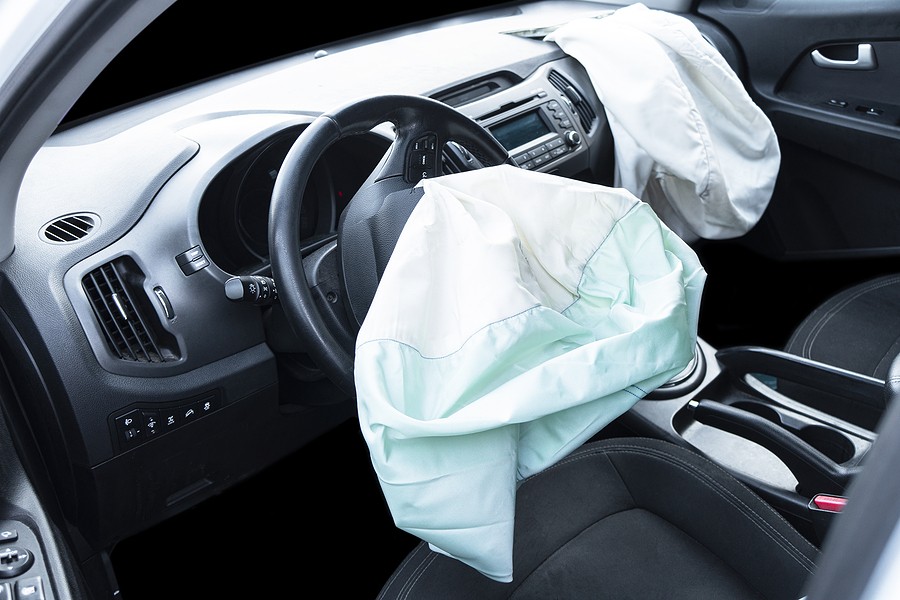
9. Corrosion and rust
Automotive experts describe car rust as cancer that can kill your car quickly. It does not only limit its impact on the paint job, but also it can get to the frame and damage it. When the frame is damaged, which is the structural integrity of your car, you can deal with many safety issues that might impact you and the people driving around you.
10. Strange noises
Finally, as the vehicle gets older and more components are damaged, don't be surprised by illustrations where your vehicle starts making weird noises like squealing or squeaking. That should be taken seriously because it might be linked to your safety.

What can you do about this car?
If you confirm that your car is a safety hazard, you must act immediately. You still have some options that you could choose from, including the following:
1. Fix the car yourself
2. Consult a professional
3. Evaluate repair costs
4. Compared to the value of your vehicle
5. Understand the legal obligations
6. Replace the car
Before you step further in repairing your car, you must check with your regulations and confirm that you can drive this vehicle and that it's legal. You also want to confirm that repair costs are not getting close to 75% of your vehicle value because that might not be worth fixing their car.
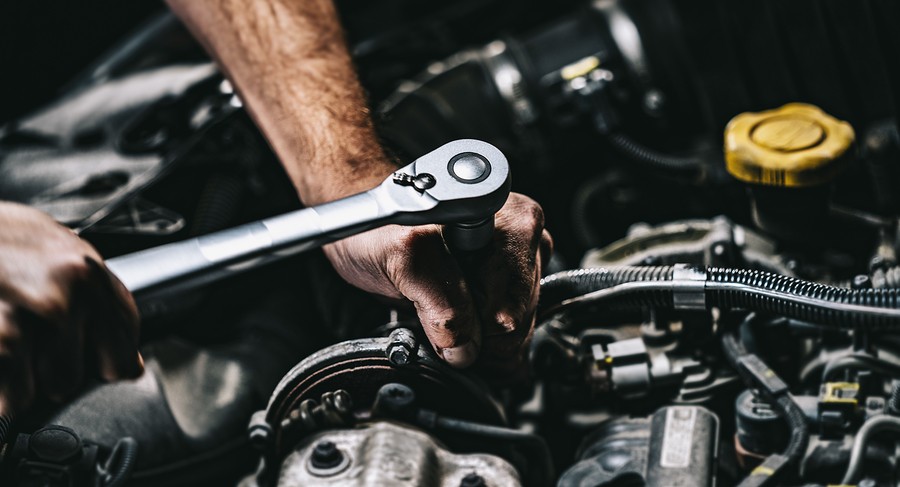
How to Know If Your Car Is a Safety Hazard? Final Thoughts
Your vehicle safety is a critical thing that you have to keep up with to maintain your safety and the safety of the road users. When the vehicle starts showing some symptoms, including that it's a major safety hazard, you must immediately fix or replace it completely.
This article summarized the ten common symptoms indicating that your vehicle is considered a safety hazard. You must familiarize yourself with these symptoms and identify potential options for dealing with such a vehicle.
If you feel that you're getting to the end of its lifetime and would like to get your car, that's not the end because you can always call Cash Cars Buyer at 773-791-4363. Get your instant and free offer today!
For similar articles, visit our blog by clicking here.



